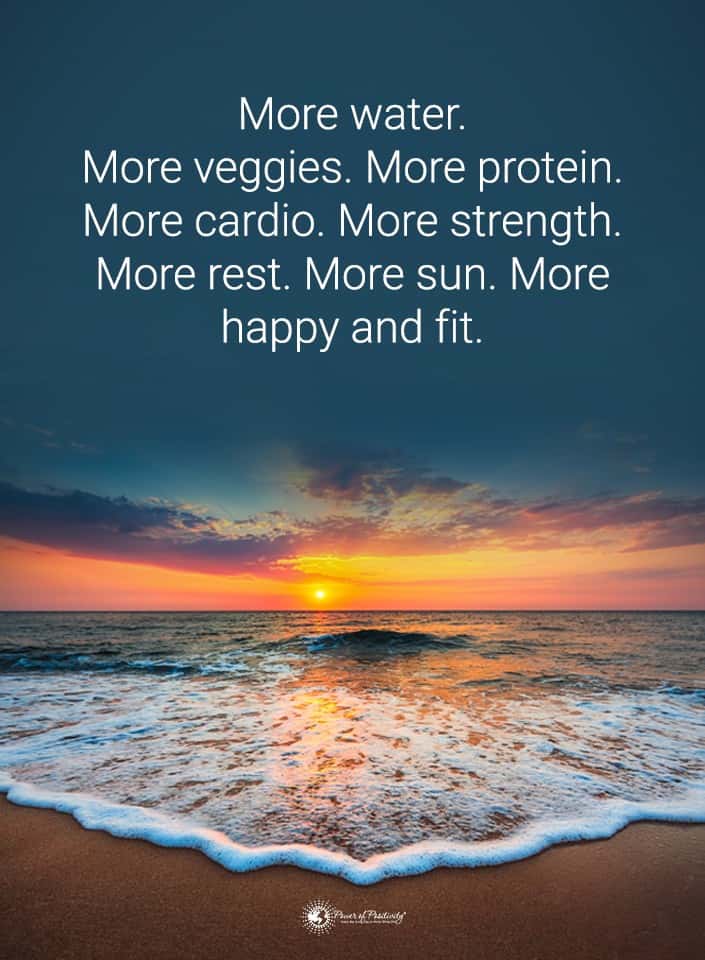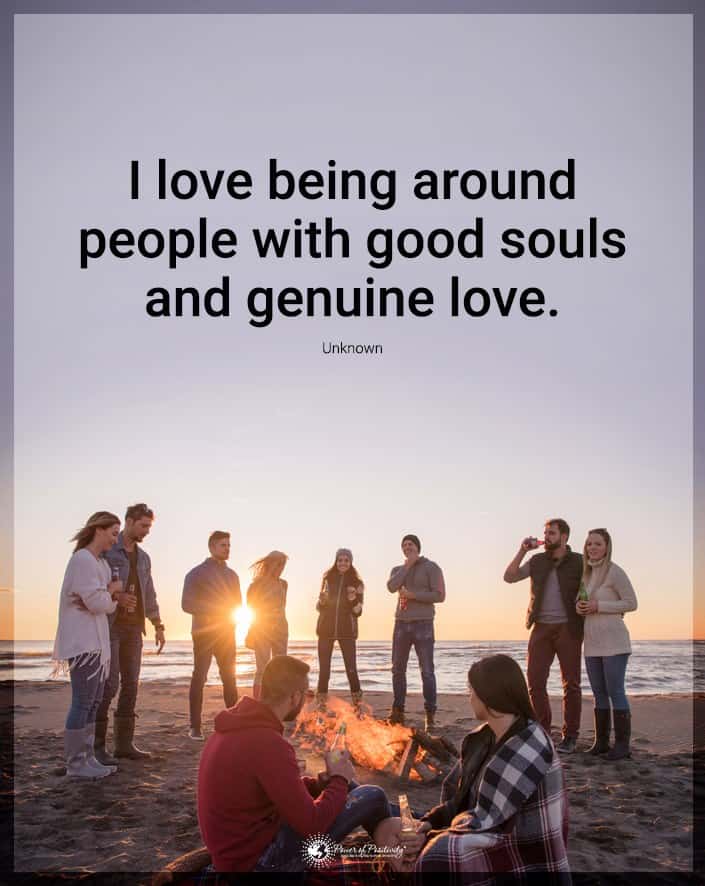Can it be that ancient civilizations knew what they were talking about with the mention of “the third eye?” If so, then they were talking about the pineal gland.
The pineal gland, also known as the “third eye” is a pea-sized endocrine gland located near the center of the brain where the two hemispheres of the brain come together.
The pineal gland is comprised of rods and cones just like the eye and is directly wired to the visual cortex in the brain. A fascinating design since the pineal gland is denied direct access to light due to its location.
The pineal gland is best known for the production of melatonin. Melatonin regulates the body’s circadian timing and allows us to adapt to seasonal changes and a significant change in time zones. Melatonin is also responsible for our sleep patterns including the quality of the sleep we get.
It also plays a role in other bodily functions by working with the hypothalamus gland that controls thirst, hunger, sexual desire, our sense of direction and the biological clock.
What makes the connection of ancient civilizations reference to the “third eye” interesting is that throughout history the pineal gland has been referenced to as the intuition organ. While not scientifically proven, it is thought to be the connection between the body and spirit and provides a direct line to our inner wisdom.
Pineal Gland Calcification
Pineal gland calcification can begin at a very young age. The buildup of calcium phosphate crystals eventually hardens which causes the pineal gland to lose much of its functionality.
There is a great deal of speculation as to how calcification buildup occurs in the pineal gland with the most common claim being excess fluoride that is found in tap water and toothpaste.
The National Research Council of the National Academies of Science states that “fluoride is likely to cause decreased melatonin production and to have other effects on normal pineal function, which in turn could contribute to a variety of effects in humans.”
There may be other causes that contribute to the calcification of the gland. Food additives, artificial sweeteners, and even cell phones have been thrown around as possible culprits. This is all theory, however, as significant studies have not been able to substantiate the claims.
Decalcifying the pineal gland is important to keep the the third eye working optimally, which, of course, is important for restorative sleep, productive awake hours and weight control. Not to mention that since it is thought to play a role in spirituality, a decalcified pineal gland can help make the voice of intuition clearer and contribute to feelings of happiness.
Here are 10 ways to open your third eye by decalcifying your pineal gland:
1. Avoid Flouridated Tap Water
Since fluoride is a known common cause of calcification, avoiding tap water that has fluoride added is a great place to start.
2. Change your Toothpaste
Another common source of fluoride that we can eliminate is in our toothpaste. Most commercial brands of toothpaste contain fluoride, but there are natural options without this element.
3. Reduce Meat Intake
Heavy meats, like beef, are high in acid, and contribute to an imbalance in our bodies pH levels which can foster calcification of the gland. Reducing your meat intake can help maintain a healthy pH balance and help in the decalcification process.
4. Shed The Sunglasses
Sunglasses block the ultraviolet rays that travel through the eyes to the pineal gland. Only 3-5 minutes of exposure to the sun’s rays daily are needed to be beneficial.
5. Eat More Plant-Based Meals
Besides being good for our overall health, a plant-rich diet of alkaline foods feeds the pineal gland.
6. Avoid Mercury
Since mercury is toxic, it seems obvious we should avoid it. However, dental work such as fillings can often contain this substance. Many dentists today use mercury-free fillings, and you may want to consider replacing old dental work for the safer option.
7. Use Natural Lighting
Since the pineal gland is light sensitive, you want to create an environment that mimics natural light whenever possible. This includes when you sleep, which you can achieve by making the room as dark as possible.
8. Take Supplements
Melatonin, apple cider vinegar and chlorophyll-rich supplements like blue-green algae will all help in the boosting of pineal gland function and aid in its decalcification.
9. Try Essential Oils
Lavender, oregano, sandalwood, and frankincense essential oils may be helpful in the decalcification process. Add to a warm bath, dilute with oil for a massage or use in a diffuser to help stimulate the gland.
10. Meditate
Meditation may help decalcify the pineal gland by stimulating the gland through vibrations that occur in our breath.
Many of the things that can help decalcify the pineal gland are also good for our health. A fully functioning pineal gland is important for many things, the most important of which is sleep. That alone is worth paying attention to keeping this gland healthy.










